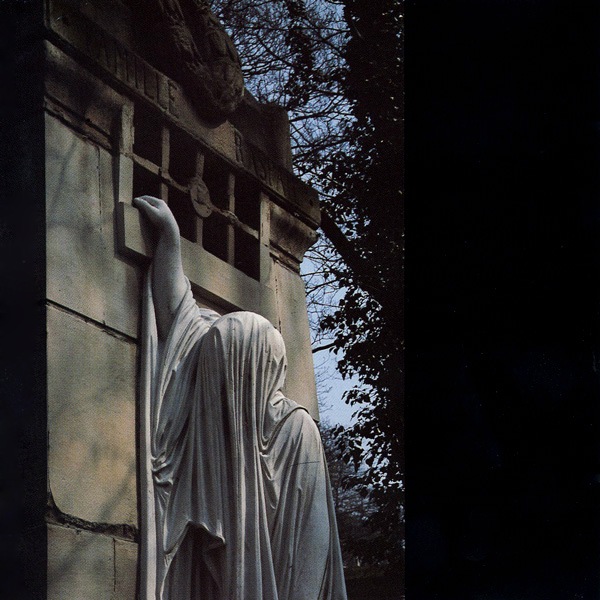|
|
|
01 |
Anywhere Out Of The World |
|
|
|
05:07 |
|
|
02 |
Windfall |
|
|
|
03:30 |
|
|
03 |
In The Wake Of Adversity |
|
|
|
04:14 |
|
|
04 |
Xavier |
|
|
|
06:16 |
|
|
05 |
Dawn of the Iconoclast |
|
|
|
02:06 |
|
|
06 |
Cantara |
|
|
|
05:58 |
|
|
07 |
Summoning Of The Muse |
|
|
|
04:55 |
|
|
08 |
Persephone (the gathering of flowers) |
|
|
|
06:35 |
|
|
|
| Country |
United Kingdom |
| Spars |
DDD |
| Sound |
Stereo |
|
|
| Producer |
Dead Can Dance |
| Engineer |
Francisco Cabeza |
|
Date of Release 1987
Dead Can Dance - Producer
Francisco Cabeza - Engineer
Lisa Gerrard - Voices, Multi Instruments
Brendan Perry - Voices, Multi Instruments, Design, Cover Design
Andrew Claxton - Tuba, Trombone (Bass)
John A. Rivers - Producer, Engineer
Tony Gamage - Cello
Peter Ulrich - Tympani [Timpani], Drums (Snare)
Richard Avison - Trombone
Ruth Watson - Oboe
Alison Harling - Violin
Bernard Oudin - Photography
AMG EXPERT REVIEW: With its two sides split between Perry and Gerrard's vocal efforts, Within the Realm of a Dying Sun serves as both a display for the ever more ambitious band and a chance for the two to individually demonstrate their awesome talents. Beginning with the portentous "Anywhere Out of the World," a piece that takes the deep atmospherics of "Enigma of the Absolute" to a higher level of mysterious, chiming bells, simple but effective keyboard bass and a sense of vast space, the album finds Dead Can Dance on a steady roll. Once again a range of assistant musicians provide even more elegance and power to the band's work, with a chamber string quartet plus various performers on horns, woodwind, and percussion. Impressive though the remainder of the first side is, Gerrard's showcase on the second half is even more enveloping and arguably more successful. The martial combination of drums and horns that start "Dawn of the Iconoclast" call to mind everything from Wagner to Laibach, but Gerrard's unearthly alto, at its most compelling here, elevates it even higher. "Cantara" is no less impressive, a swirling, drum-heavy song that sounds equally inspired by gypsy dancing, classical orchestras and any number of Arab musical traditions. "Summoning of the Muse" is perhaps too formal in comparison, though still quite impressive, but "Persephone" is the finer effort and a good way to close. — Ned Raggett
